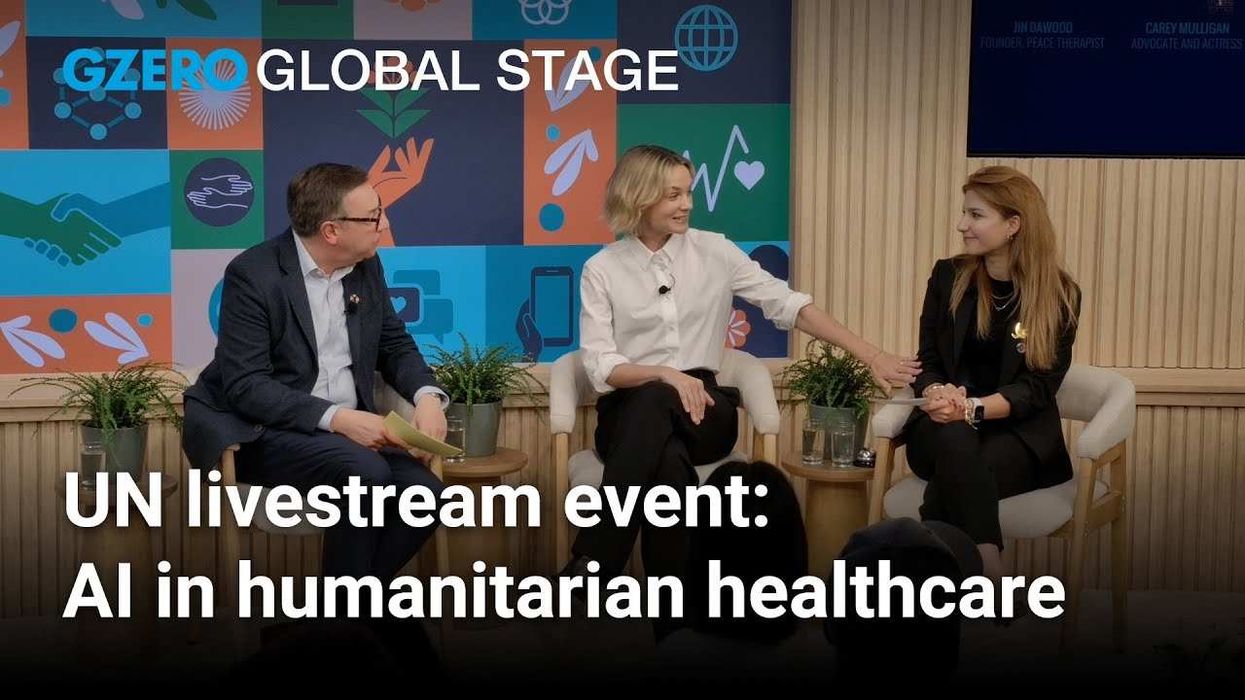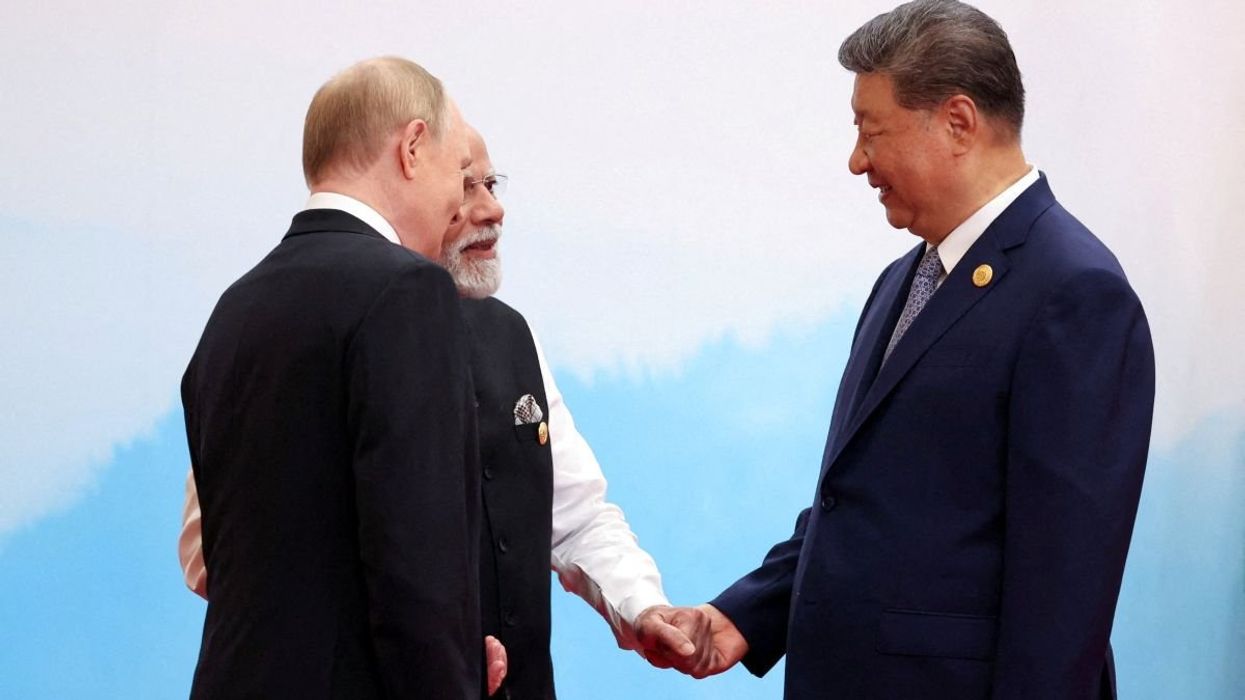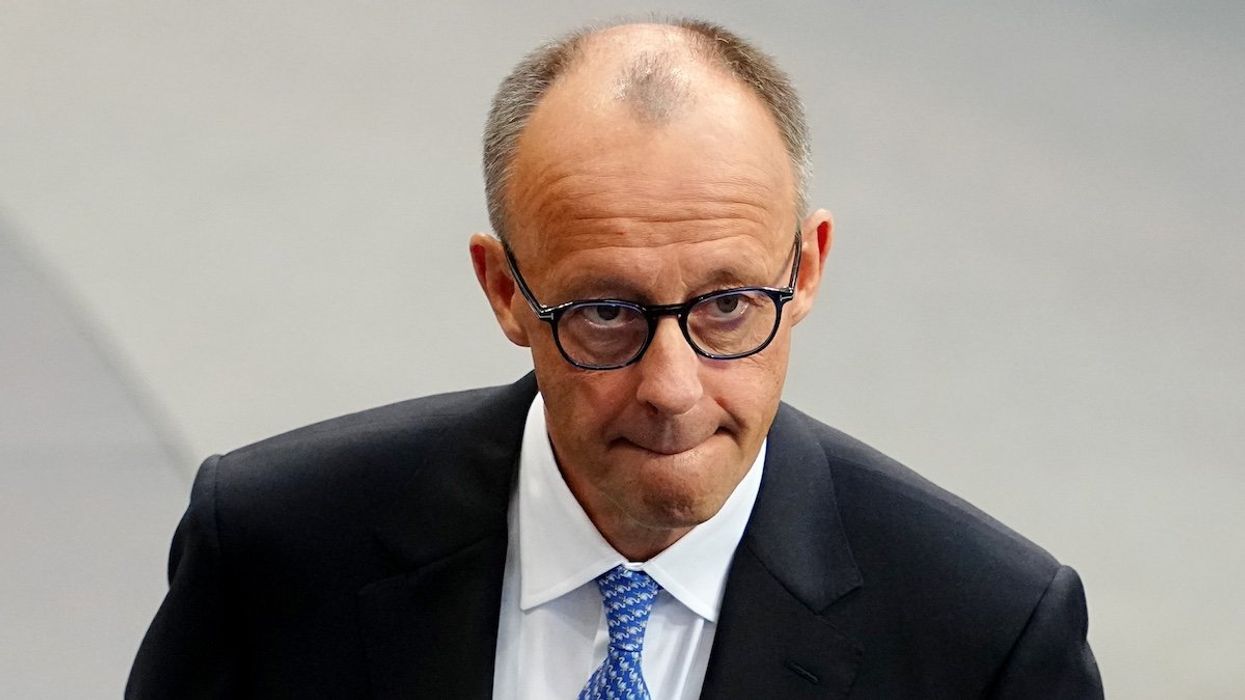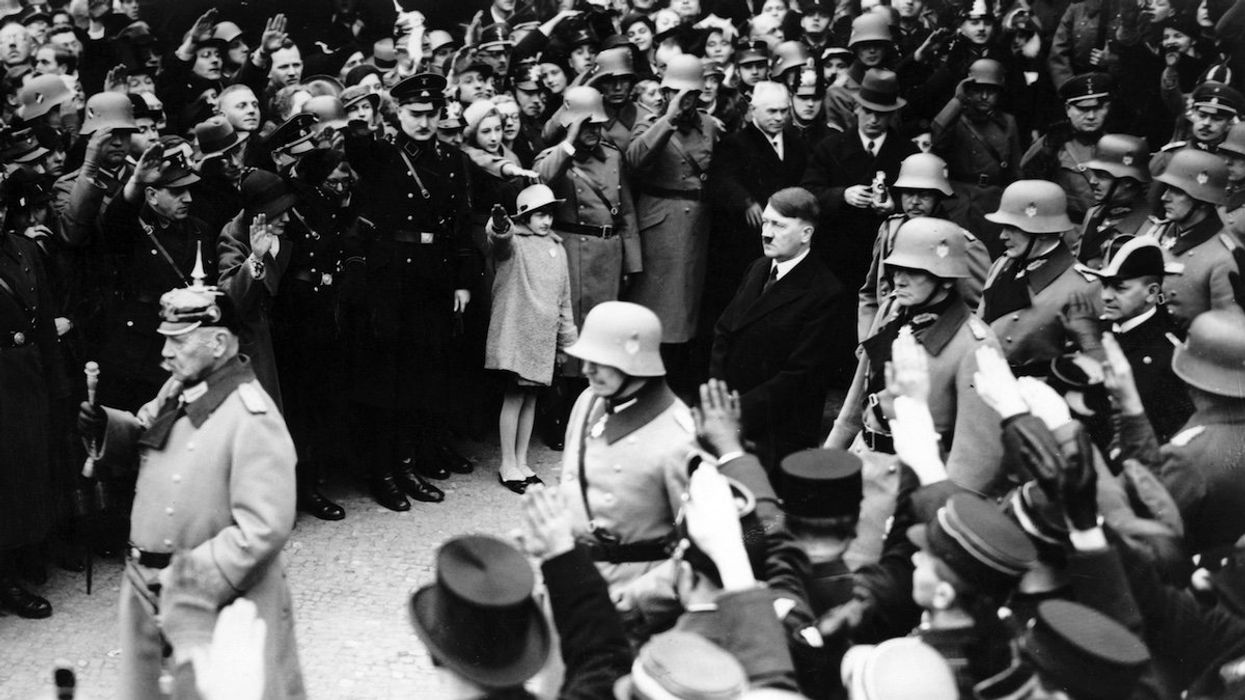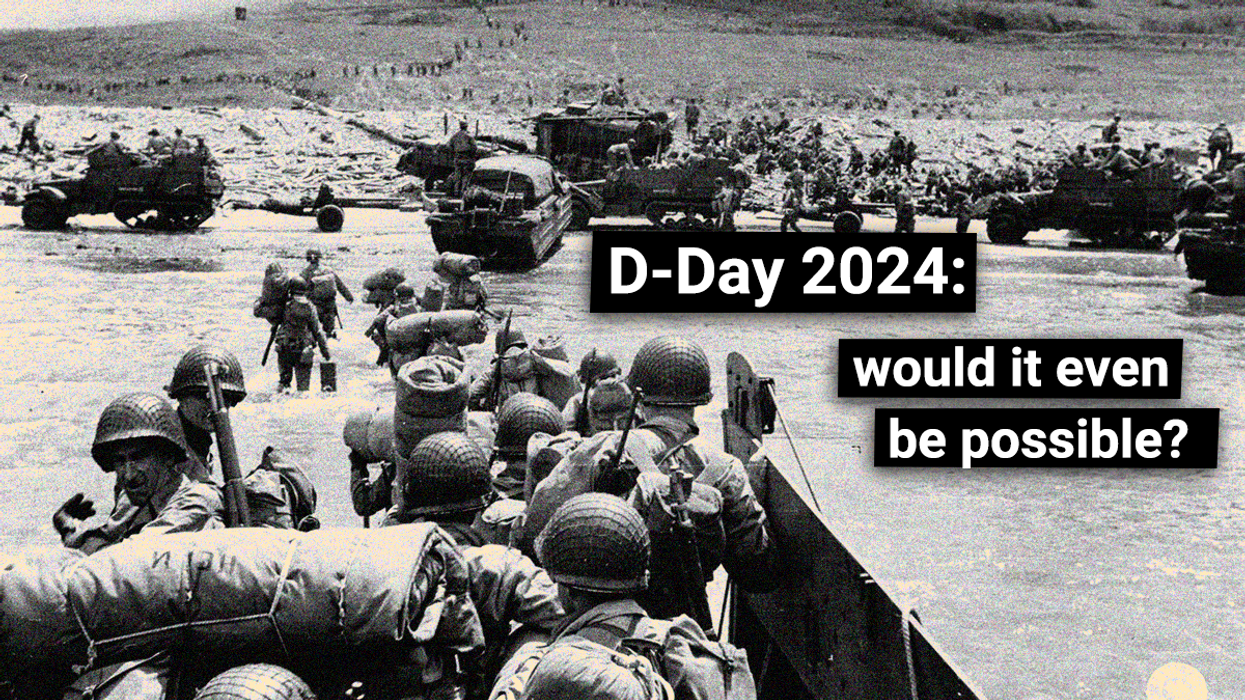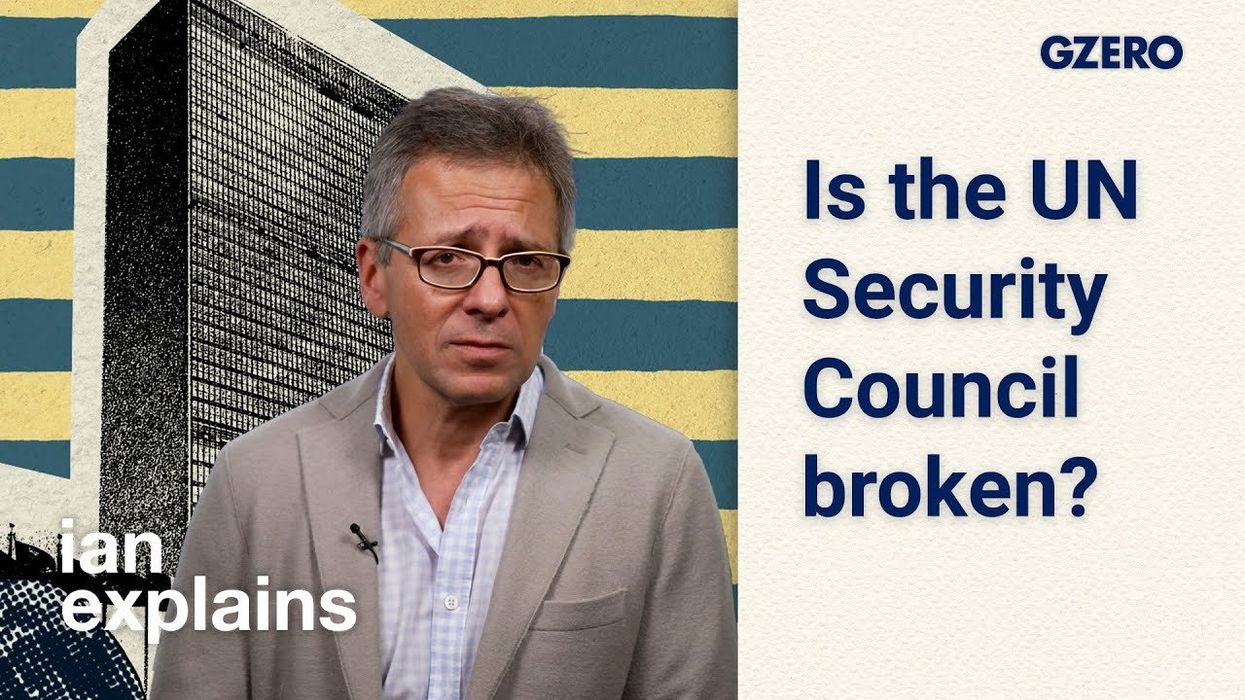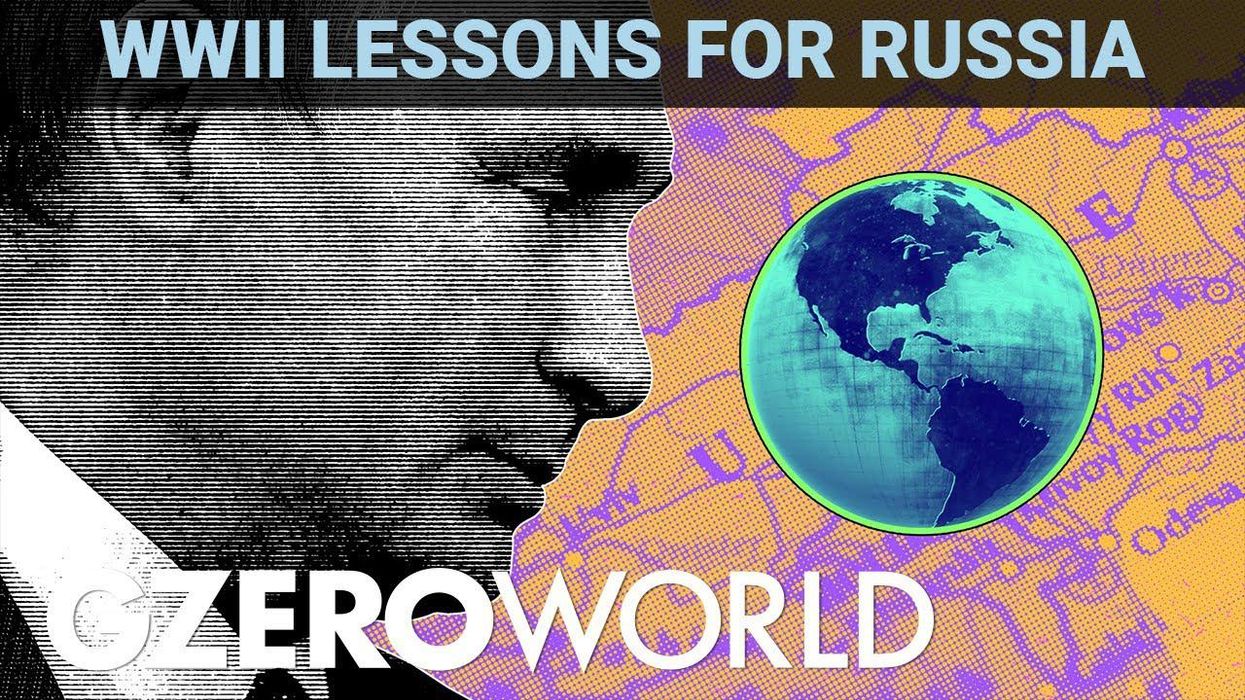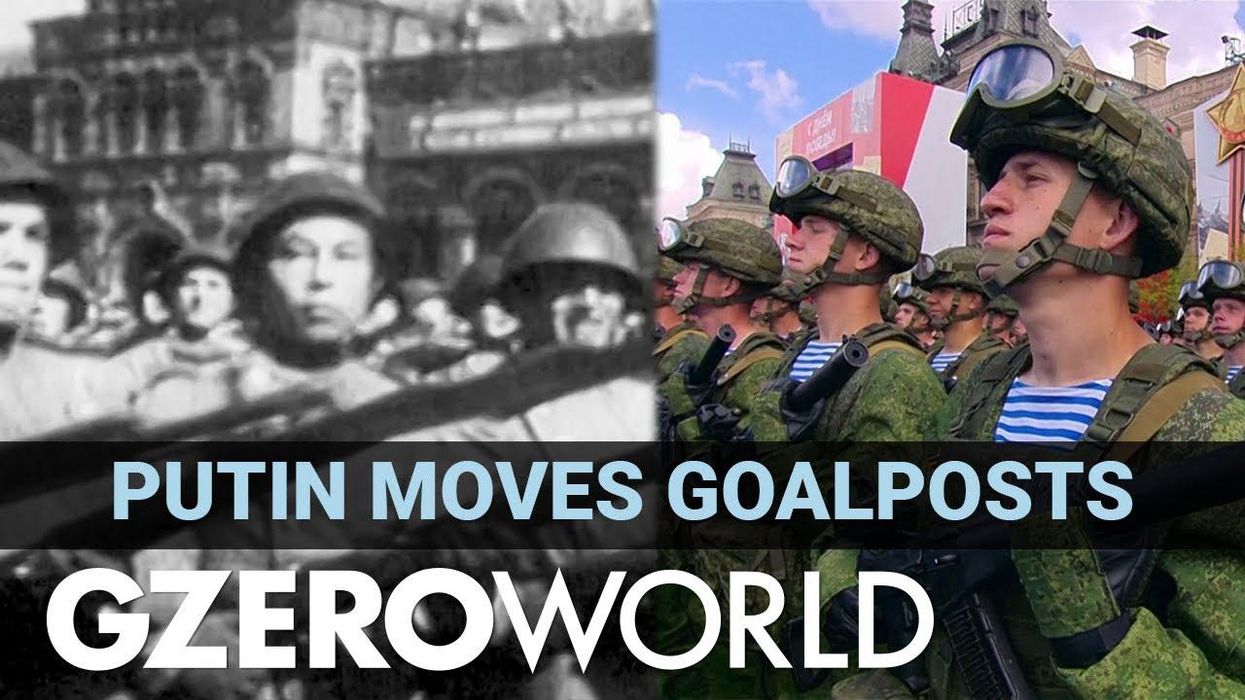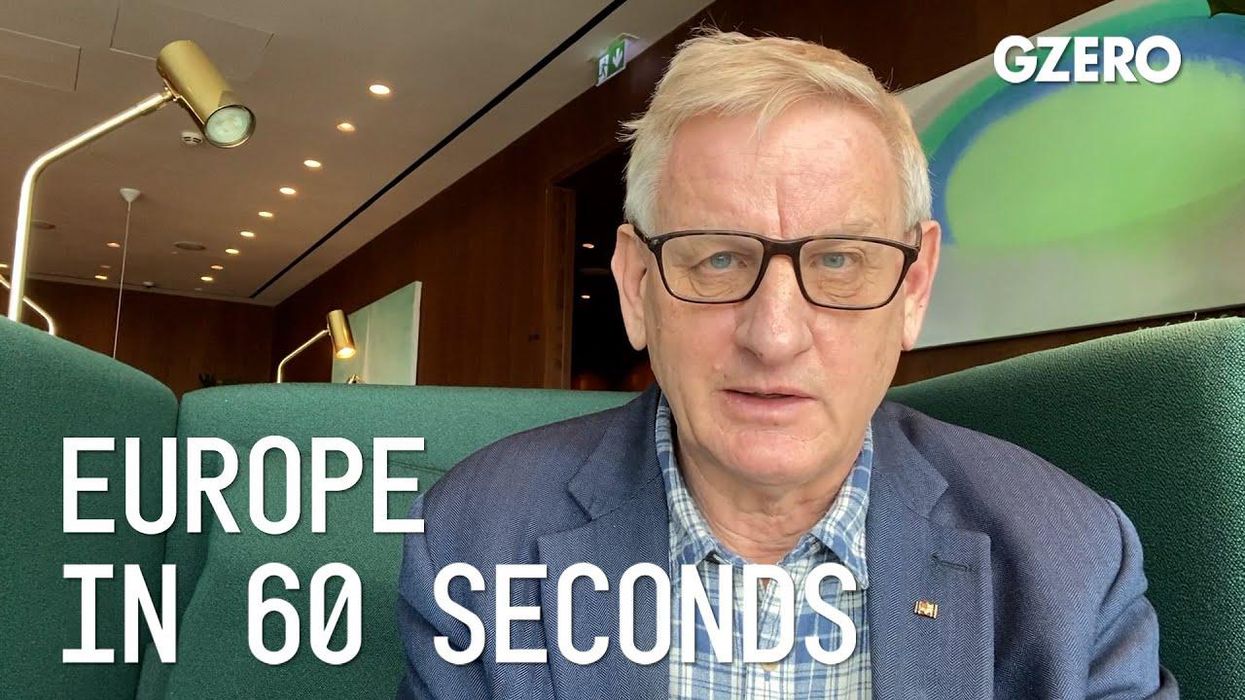UN General Assembly
The unseen wounds of war
We’re living in a time of record-high conflict, a level of violence not seen since World War II. The past four years have been marred by deadly battles in Ukraine, Gaza, Sudan, Myanmar, and beyond, with approximately 14% of the planet’s population now impacted by war.
Oct 10, 2025
